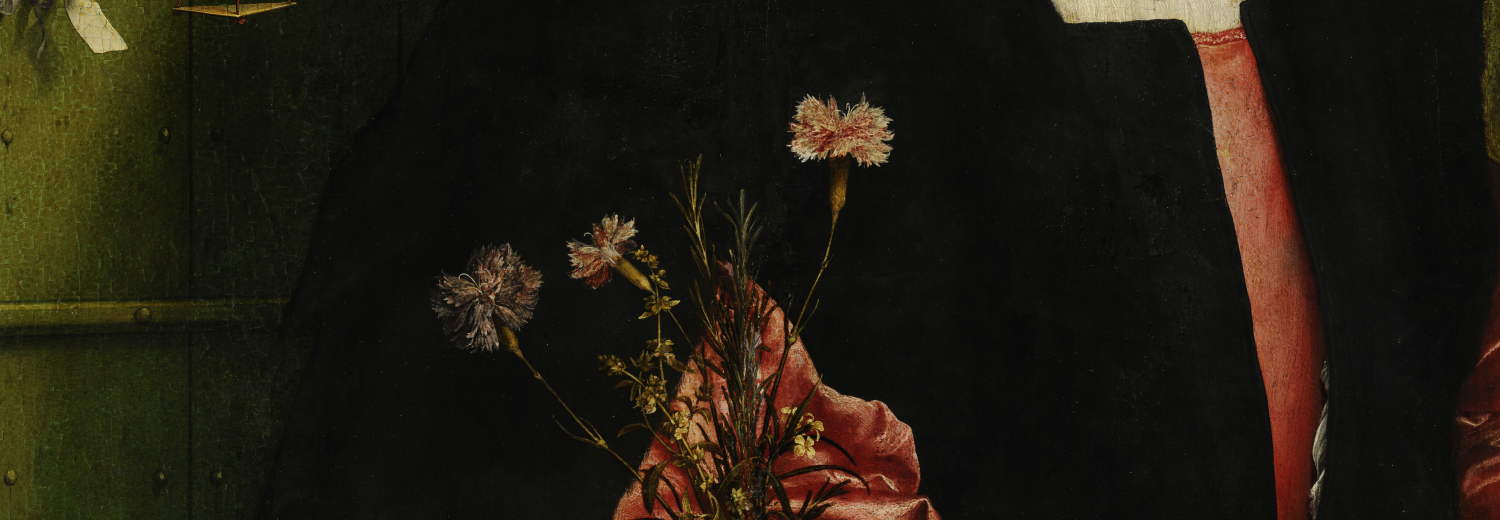James Bjork: ‘Crusaders'
Justyna Wubs-Mrozewicz‘Crusaders: Christianization and Germanization in Poland's Late-20th Century Memory Wars.’
James Bjork, in his paper for the History in Conflict webinar, turned our attention to the long run-up to the Millennial Anniversary of Polish statehood in 1966. In particular: the theme of German-Polish reconciliation and how this was developed in these historical commemorations and the discourse of communist Poland throughout the 1950s and 60s. The decades after WOII were not just a time of Soviet power consolidation in Poland but also, perhaps more fundamentally, a period when the Polish nation state as a whole was geographically relocated several hundred miles to the west. After 1945 a third consisted a quarter of pre-war Germany. Ensuring that the new demography would be Polish rather than significantly German involved one of the largest short-term mass migrations in human history. This was then combined with a reinterpretation and use of history going back to the early medieval period.
Bjork analysed how history was used as an argument by the communist Polish state to conceptualize the Millennium as a 1000 years Polish battle against Germanization. For example, the 550th anniversary of the Battle of Grunwald and the defeat of the Teutonic knights by the kingdom of Poland was an historical event that could be used to combine the theme of fighting against German crusaders and the current post-war claims of Germany on parts of Poland. In the present as well as the past, the entire Christian west, with the backing of the Vatican, could be seen as conspiring with German imperialism against Poland’s existence as an independent state. The re-entry of Germany into NATO was approached from this viewpoint, for example. In the iconography of the 550th anniversary, the cross and garments of the Teutonic knights were used as a sign of German aggression.
For the Polish catholic church and lay people, the development of state-sponsored Germanophobia rhetoric and historiographies that underlined the connection between Germany and the western church understandably presented a conundrum, leading to Catholic re-narrations of German-Polish relations. Bjork analysed Oskar Halecki’s book ‘The Millennium of Europe’ and his ‘Vision of the Year 1000’, which insisted on a European rather than national framework and the ideal of an equal Christian commonwealth that started in 1000 with the visit of HRE Otto III to Bolesław I. Although subsequent German hostility led to this vision ending ‘in failure and disappointment and never re-appeared’, an important difference was that instead of the blanket hostility that shaped the state’s portrayal, Halecki presented moments of German aggression as a fall from Christian principles rather than an expression of inherent imperialist nature – and, importantly, a conflict that could be reconciled within the ideal of a Christian commonwealth.
In other words: Halecki’s Vision was still a story of long-term German-Polish conflict for which the Germans were to blame. There was, nonetheless, an important difference between the critique of Germany in Halecki’s narrative, instead of the blanket hostility that shaped the communist regime’s portrayal. Moments of German aggression were seen as a fall from Christian principles rather than an expression of western Christendom’s inherent imperialist nature. Therefore, the resulting conflicts remained an intra-Christian feud that could be reconciled to the Vision of the Year 1000. It is important to note that the Germans bore all the responsibility for the conflicts since 1000, although Halecki’s work also contains hints of a broader collective self-critique. This was not so much the recognition of Polish transgressions against Germans but there was a subtler element, that Bjork thinks emerges from Halecki’s book. In his combination of insistence that Poland was an integrated, equal component of a western Christian commonwealth and his recognition that this Christian west as a whole, and not just the Germans operating within it, often failed to live up to its ideals.
This can be seen in Halecki’s discussion of the crusades. His overall evaluation of the crusades was strikingly positive, as a defensive and fully-European character and a defining normative experience for western Christendom. Poland was considered as an active participant. But Halecki also offered a rather scathing critique of the crusades in practice, such as the wanton cruelty against the last pagan populations in north-eastern Europe and Muslims and Jews in the Islamic regions. By placing the failure of German-Polish partnership at the heart of the origin story of the Christian west, there was a start of self-reflection of Christian flaws and contradictions.
Jim Bjork is Lecturer in Modern European History at Kings's College London
Contact and research

Comments
Add Comment